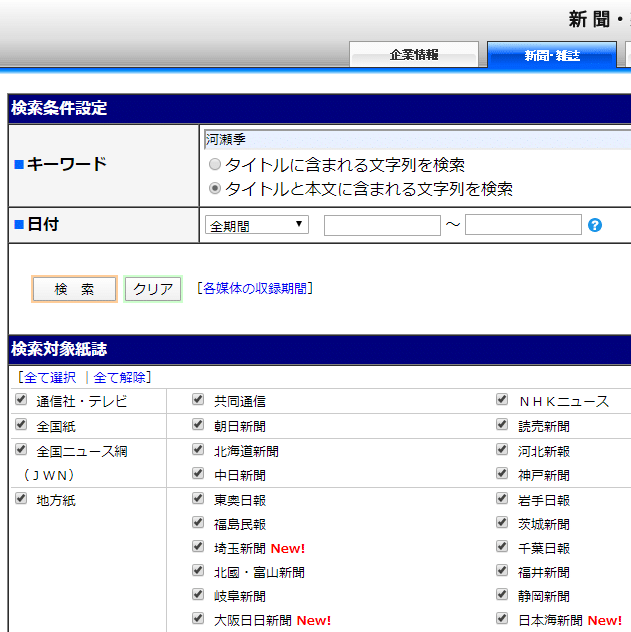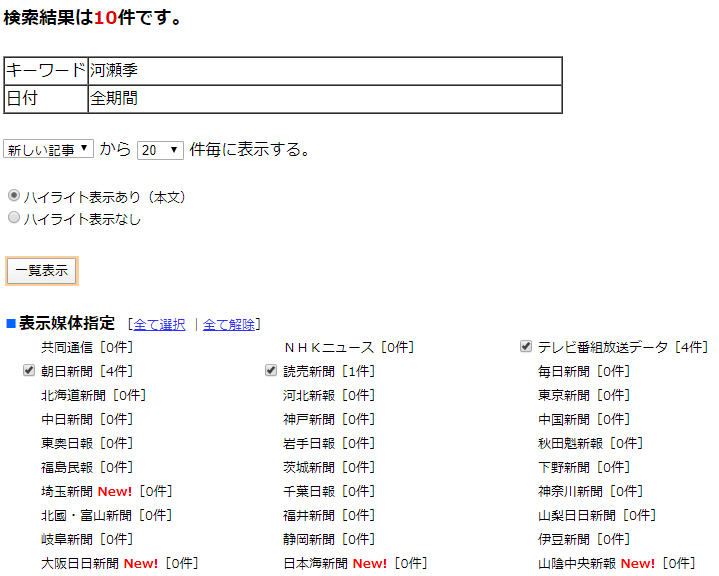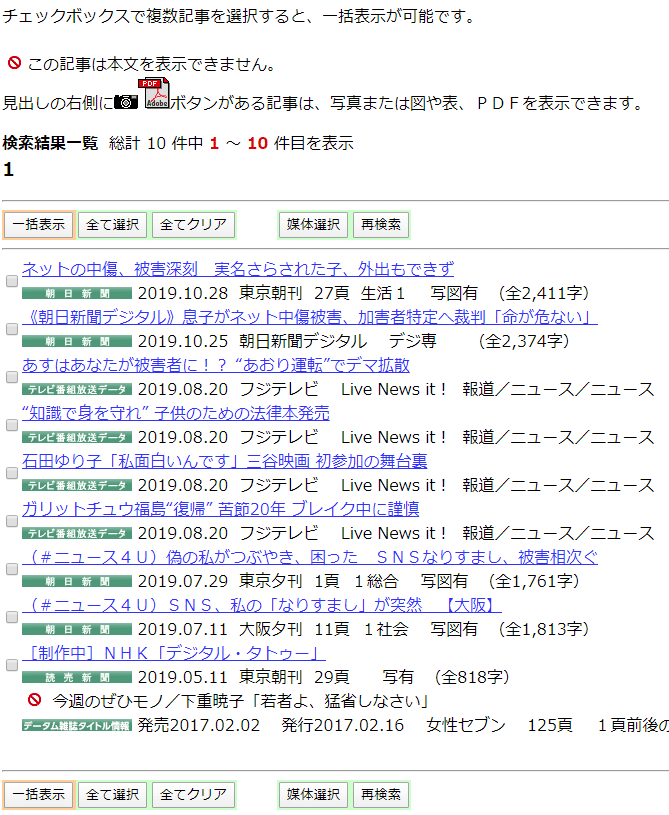Can Arrest Records and Criminal History Affecting Job Changes Be Deleted from the Database?

An arrest record refers to the history of being arrested by the police due to involvement in an incident.
Being arrested does not necessarily lead to prosecution, and if not prosecuted, you will not be found guilty, hence no criminal record will be attached.
A criminal record refers to the history of undergoing a criminal trial and receiving a penalty.
Having a criminal record means that you have been found guilty, so there is no possibility of wrongful arrest or false charges.
Although the meanings of an arrest record and a criminal record differ significantly, the general public often does not distinguish between the two, and both are reported in the media.
When arrest information is reported, it may spread more than criminal record information, which can be disadvantageous in job hunting or job change activities, or even if you are currently employed, it may cause harm if it is discovered by your company.
https://monolith.law/reputation/necessaryperiod-of-deletion-arrestarticle[ja]
Where Can You Find Information on Arrest Records and Criminal History?

As we have explained in another article on our site, information on arrest records and criminal history is typically found in:
- Internal databases of the police, prosecutors, and the city, ward, town, or village where the person is registered
- The memories and fragmentary information of those involved
- Newspapers and magazines in places like the National Diet Library
- On the internet
- Newspaper databases
.
https://monolith.law/reputation/finding-previous-criminal-information[ja]
Police, Prosecutors, and Internal Databases of Municipalities of Domicile
Information regarding criminal records and arrest history is managed by the police, prosecutors, and the municipalities of domicile.
- Police: For the purpose of crime investigation
- Prosecutor’s Office: For the purpose of crime investigation and sentencing in trials
- Municipalities: To create a criminal name list to clarify the eligibility for voting rights and candidacy
Each of these entities manages this information for these purposes.
It is generally unthinkable for this information to be leaked. It is strictly managed as personal information. In another article on our site, “Is it possible to confirm the poster of defamation through a bar association inquiry?”, it was explained that based on Article 23, Paragraph 2 of the ‘Japanese Attorney Act’, a company’s lawyer inquired about the criminal record of an employee who was in a dispute over dismissal. Despite the fact that the only reason stated in the inquiry document for requiring the inquiry was “to submit to the Central Labor Relations Commission and the Kyoto District Court”, the mayor of Nakagyo Ward, Kyoto City, casually responded to the inquiry and reported all criminal records and criminal history. This became a major issue and was disputed all the way to the Supreme Court, where it was recognized as a violation of privacy (Supreme Court judgment on April 14, 1981 (1981 in the Gregorian calendar)).
https://monolith.law/reputation/references-of-the-barassociations[ja]
Stakeholder Memories and Fragmented Information
Private investigators and detective agencies are often the first to be consulted. However, under the “Japanese Private Detective Business Law”, both are classified as “those who conduct detective work”, and are therefore considered the same profession under the law. For the purposes of this explanation, we will refer to them collectively as “investigative agencies”. In the case of these agencies, they must trace from an individual’s name to specific information, but it can be said that there are few cases where this is successful.
Furthermore, if there is no legal justification, investigative agencies must notify the subject of the investigation and conduct the investigation. According to the guidelines defined by the National Police Agency’s directive on “Special Measures for the Protection of Personal Information to be Taken by Private Detective Agencies”, there are four conditions under which investigative agencies do not need to notify the subject of the investigation when investigating personal information, etc. These are:
- When the subject of the investigation is the spouse of the client
- When the subject of the investigation is a child under the parental authority of the client
- When the subject of the investigation is the other party to the client’s legal act (one of the parties to a contract, case, etc.)
- When the client has been a victim of a crime or other wrongful act
Except for cases that fall under these four conditions, it is necessary to notify the subject of the investigation. It is not possible to request an investigation based on vague reasons or mere curiosity.
Newspapers and Magazines in the National Diet Library

The National Diet Library has a complete collection of newspapers and magazines up to the present, and they are available for viewing. However, while you can search by the author’s name of a book, you cannot search by the name of a “person involved in an incident”.
If you know the date of an incident that caused a public uproar, you might be able to find newspaper articles from that period and see if the names of the arrested individuals were reported in the media. There is a possibility, and if the arrest information was reported, it should definitely be there, and if it was reported with real names, you should definitely be able to find it. However, in reality, it is almost impossible to check from past newspapers and magazines whether a specific person has a history of arrest or a criminal record.
On the Internet
Even in cases where newspapers and television news do not report real names in relation to incidents, it is common for names, company names, and school names to be reported on the Internet. It is not uncommon for online media to report real names even when general newspapers do not, and it is a daily occurrence for names, company/school names, addresses, etc. to be identified and exposed on bulletin boards and spread widely.
Once arrest records and criminal history information are posted on the Internet, they will not naturally disappear. If the real name remains, it will be caught in searches, leading to the discovery of arrest records and criminal history.
In the case of news sites, those of major newspapers automatically delete articles they have posted after a certain period of time, such as half a year or one year. This is because it is indeed a problem for very old articles to easily appear in web searches. However, even after the “primary information” such as newspaper articles disappears, the copied news on Internet bulletin boards, personal blogs, SNS, etc. remains on the Internet. If nothing is done, it will remain forever. This is why the main target for deleting arrest records and criminal history information is the Internet.
For information on how to request the deletion of arrest records and criminal history information, please refer to another article on our site.
https://monolith.law/reputation/delete-arrest-history[ja]
Newspaper Database

There is a service called cross-search of newspaper and magazine articles. There are several companies offering this service, all originally intended for economic research.
For example, with one of the largest providers, “G-Search” (https://db.g-search.or.jp/g_news/RXCN.html), you can conduct research on a company with which you are considering doing business by following these steps from the homepage by selecting “View Corporate Information”:
- Check the status of the trading partner in “Corporate Information Search” → You can confirm essential information for measuring creditworthiness, such as location, representative’s name, number of employees, performance, and ratings, from Teikoku Databank and Tokyo Shoko Research.
- Check newspaper and magazine articles in “Cross-Search of Newspaper and Magazine Articles” → By searching for the company name in the cross-search of newspaper and magazine articles, you can check the company’s reputation from various information published in newspapers, such as company releases and reputation.
- Check personal information in “Cross-Search of Personal Information” → You can investigate the representative in the cross-search of personal information, and not only can you read the person’s profile information, but you can also read only articles related to that person, such as interviews, in the related article search.
- Check credit information in “Cross-Search of Credit Information” → If you check the cross-search of credit information (bankruptcy flash report) just in case, you can search for creditor information to see if there is a risk of the trading partner being involved in a chain bankruptcy.
Although this is a very convenient and useful business database service, it allows you to easily obtain the arrest records and criminal history of specific individuals. Unfortunately, if the manager of the company being investigated has an arrest record or a criminal record, there is a high likelihood that it will be known at stages 2 or 3.
Let me explain with an actual example. If you log in and go to “Cross-Search of Newspaper and Magazine Articles” from “View Newspaper Articles” on the top page, the following screen will appear:

In this case, instead of the company name, enter the name of “Kisetsu Kawase”, the representative lawyer of our law firm, in “Keywords”. Select “Search for strings included in the title and text”, leave “Date” as “All periods”, and since about 150 newspapers and magazines for the past 30 years are checked in “Search Target Newspapers and Magazines”, leave “Select All” and click “Search”.

“10 search results” will appear, and the corresponding newspaper names are checked, and the number of items is displayed. Click “List Display”.

As shown, articles in which “Kisetsu Kawase” responded to interviews in newspapers and other media are displayed as search results. If you click on the title, you can read the full text of the article. If there is one, arrest articles and other articles will also be displayed as search results in the same way. If you use the cross-search of newspaper and magazine articles in this way, you can easily find information on arrest records and criminal history. Moreover, this can be viewed at a low cost, with a basic fee of 6,000 yen per year for “corporate members” using multiple accounts, and a basic fee of 300 yen per month for “credit card members” using one account, for example, 5 yen per headline and 100 yen per article text for Asahi Shimbun.
Thinking, “What other uses could there be…”, I remembered that there was a case where a celebrity A was arrested for possession of stimulants about three years ago, and there were people who were arrested in connection with it, so I searched for A’s name.
As a result, a large number of articles were found because it was crime-related and reported nationwide, but among them, there was an article that mentioned the real names of two company employees who were arrested in connection with it. So, when I searched for the names of these two people, one person did not find anything, but the other person’s name was in the “Graduate List of ○○ University” in a local newspaper, and it seemed to be the person from the age, and it was found that he had been arrested in connection with stimulants four years before this incident. I don’t know what happened after that, but he was probably given a suspended sentence because it was his first offense. This incident seems to be his second arrest, and there is no follow-up report, but he may have been sentenced to imprisonment.
Not only when conducting corporate research or searching for personal names with a purpose, but also when searching for article information about a person, you may accidentally find someone else’s arrest record or criminal history. People with arrest records or criminal records, especially corporate managers, must not forget the existence of the newspaper database.
Summary
The removal of arrest records and criminal history is not just about targeting past articles in online newspapers and magazines, or posts on bulletin boards and social media. The cross-search of newspaper and magazine articles explained in this article is not yet widely known, and many people who wish to remove their arrest records and criminal history are not aware of its existence. However, it is indeed a matter that needs to be addressed promptly.
While this is a very troubling issue, a lawyer can request the removal of articles and make it possible. Please consult with an experienced lawyer. Our Monolith Law Office has handled numerous cases of article removal based on cross-searches of newspaper and magazine articles.
Category: Internet





















